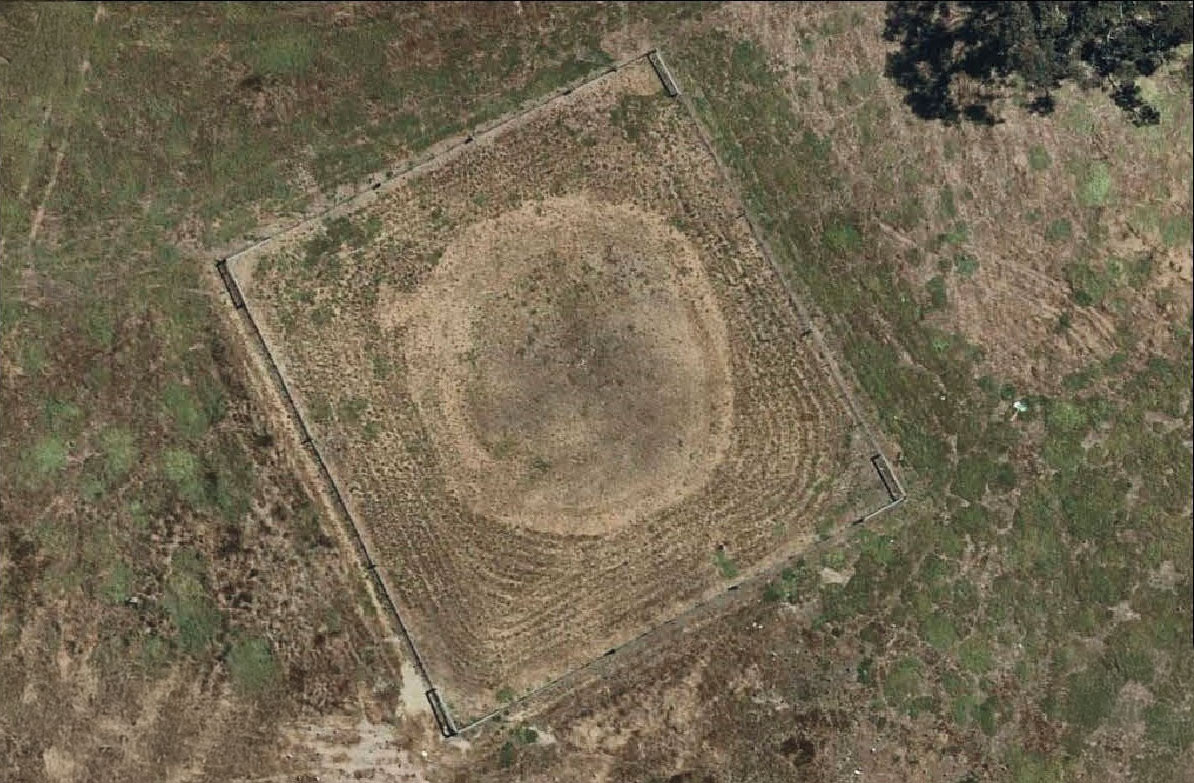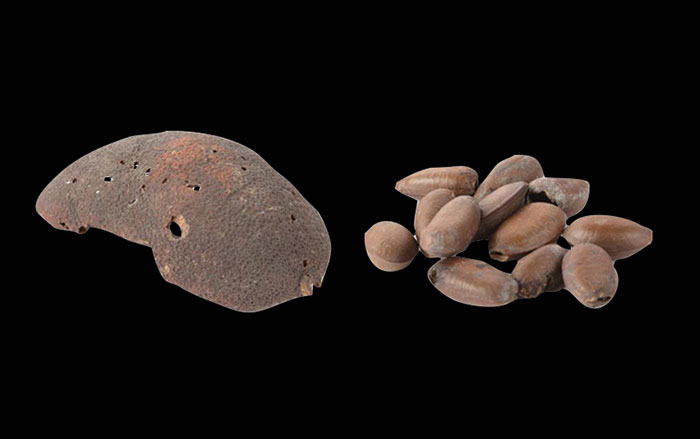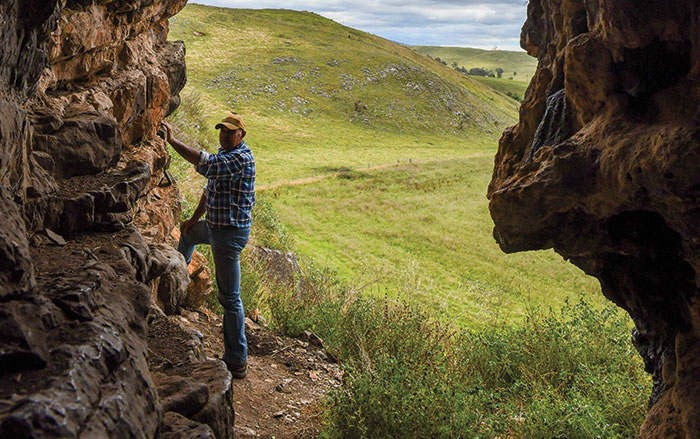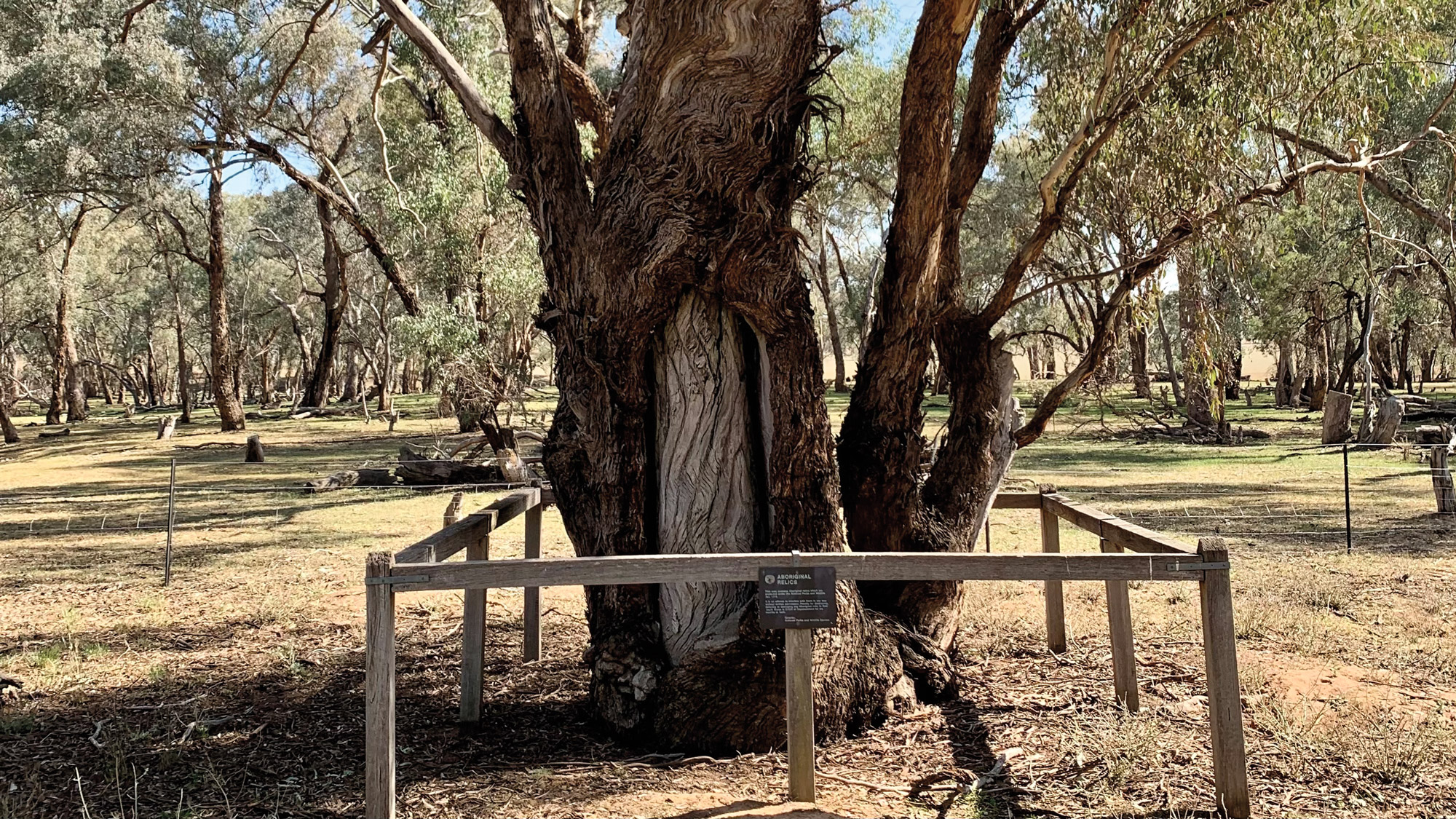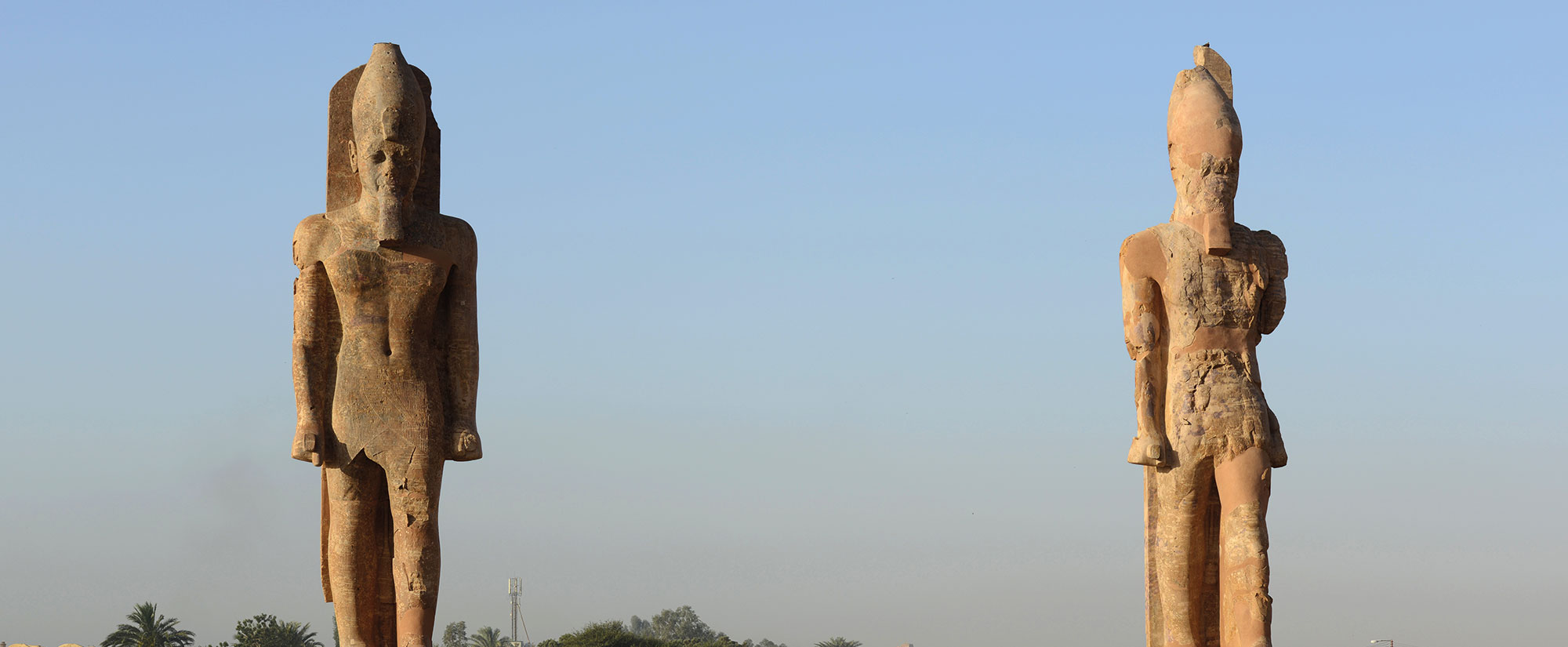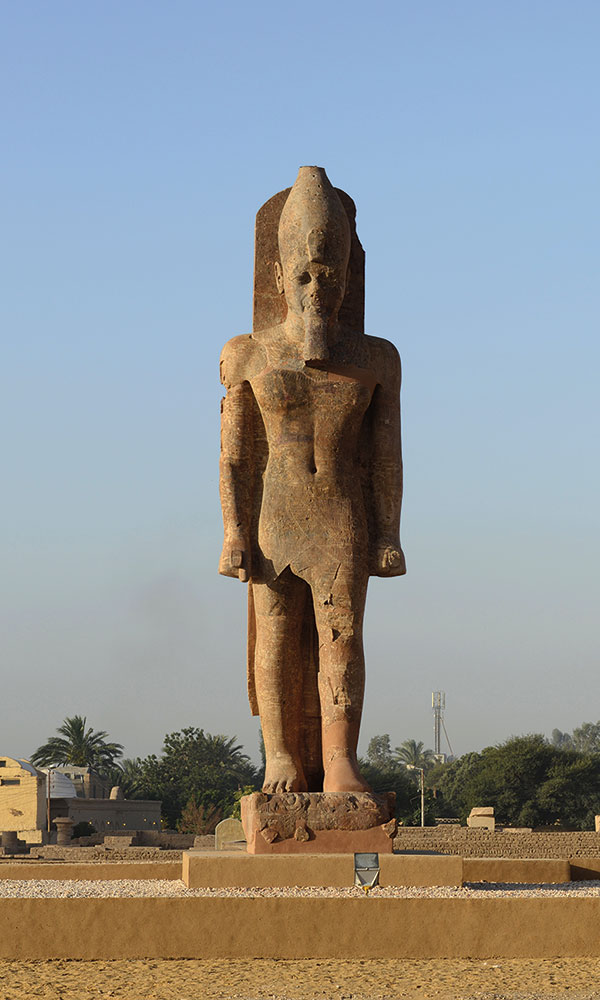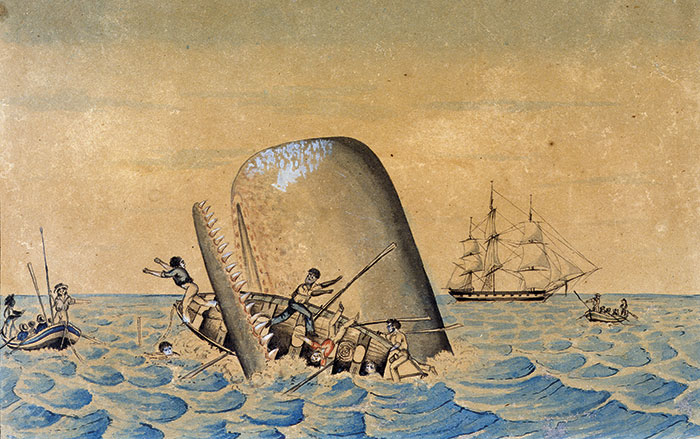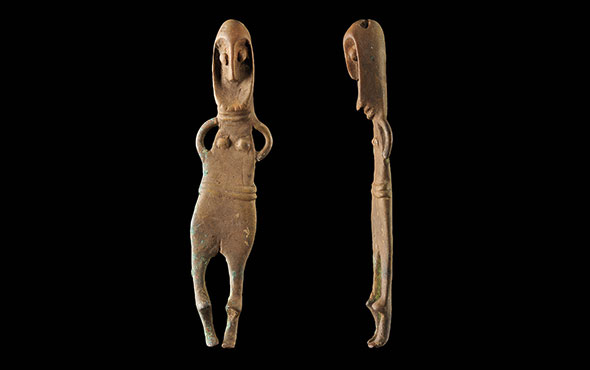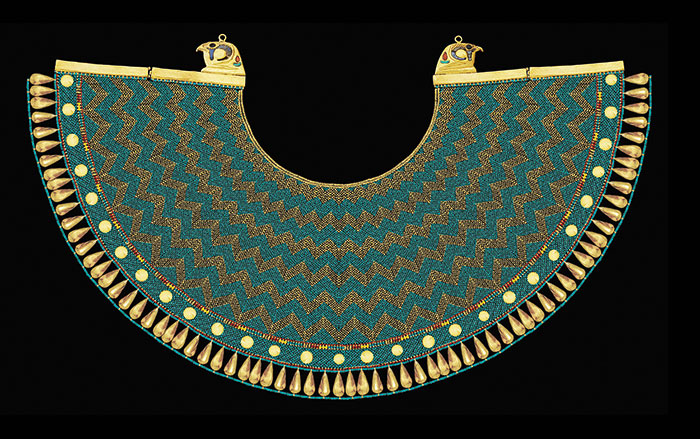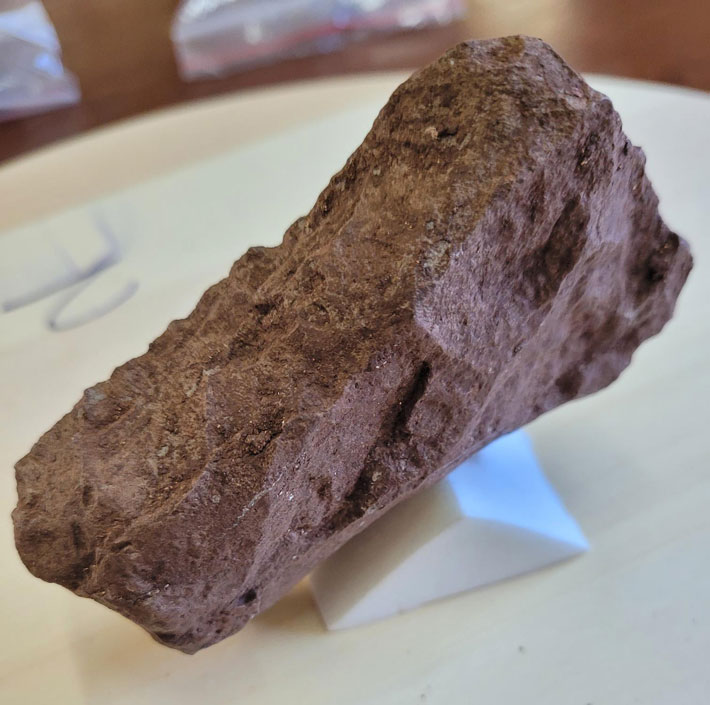
SYDNEY, AUSTRALIA—According to a statement released by the Australian Museum, archaeologists have unearthed two basalt axes and hundreds of stone flakes in a national park on Norfolk Island, an Australian territory in the South Pacific. The tools were made by the island's Polynesian inhabitants between the thirteenth and fifteenth centuries, before Europeans settled there. Nicola Jorgensen of the University of Sydney said that the wealth of material found indicates that the site was a Polynesian settlement. Only one other such settlement has been identified on Norfolk island. The artifacts have enabled researchers to better understand the movement and behaviors of the island's original Polynesian inhabitants, said Australian Museum archaeologist Amy Mosig Way. To read about a 600-year-old canoe whose design indicates cultural continuity with other places in Polynesia, go to "World Roundup: New Zealand."


